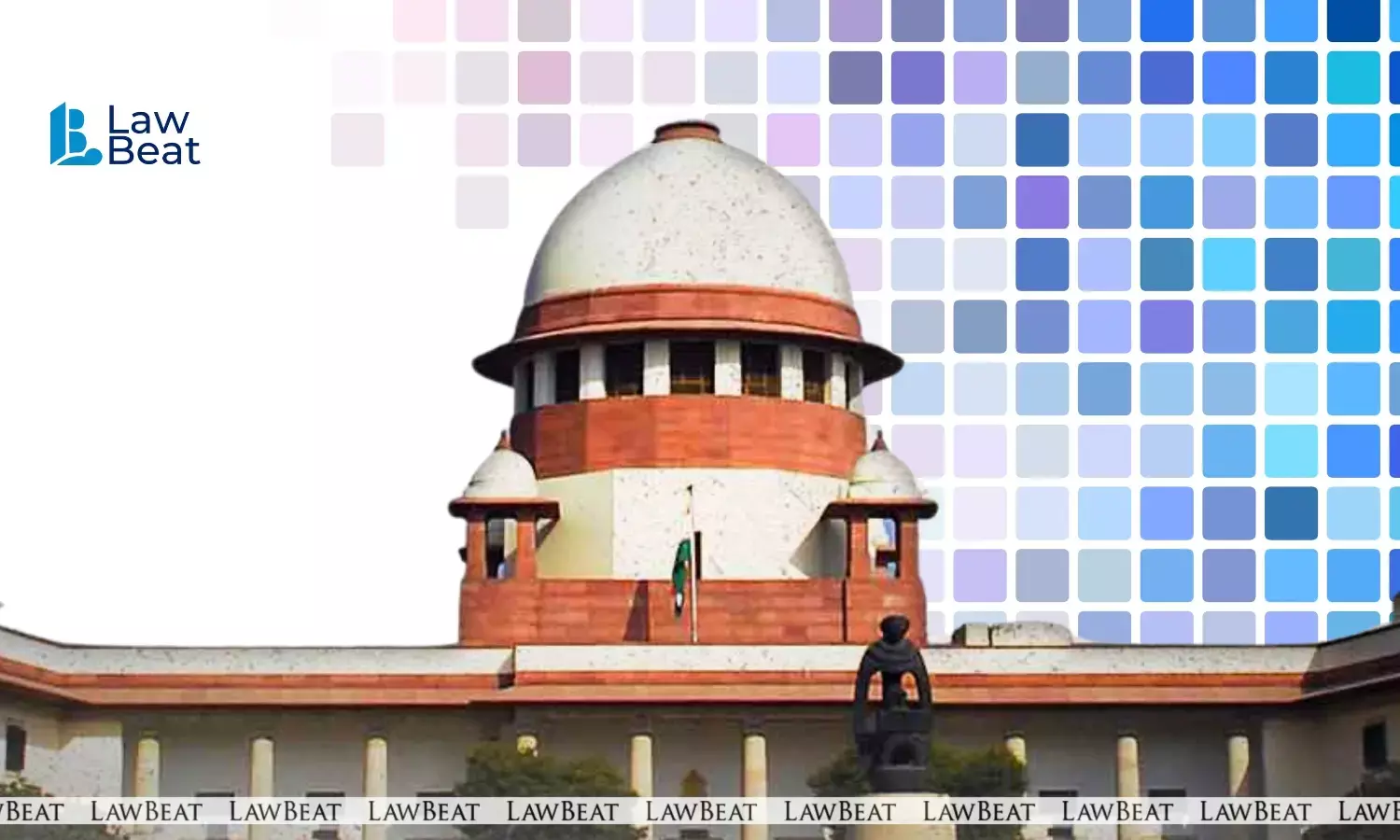Writ under Art 226 can't be issued to quash FIR or chargesheet, once cognizance taken: SC

Supreme Court clarifies limits of Article 226 powers on quashing FIRs after cognizance
The Supreme Court of India on September 3, 2025 clarified the scope of writ jurisdiction under Article 226 of the Constitution in relation to the quashing of a First Information Report or charge sheet. The court held that so long as cognizance of an offence is not taken by a competent court, a writ petition or order under Article 226 may be issued by the High Court to quash an FIR or a charge sheet. However, once a judicial order taking cognizance has intervened, the power under Article 226 is no longer available for that purpose. Instead, the remedy lies under Section 528 of the Bharatiya Nagarik Suraksha Sanhita, 2023. This provision empowers a court to quash not only the FIR or charge sheet but also the order of cognizance itself, provided such an order is specifically placed on record, supported with requisite pleadings, and a strong factual case is made out for quashing.
A bench of Justices Dipankar Datta and Prashant Kumar Mishra delivered the ruling while setting aside a Bombay High Court order dated July 1, 2025. The High Court had disposed of a writ petition filed under Article 226 seeking quashing of an FIR registered under Sections 420, 406 and 409 read with Section 34 of the Indian Penal Code, 1860. The case had been registered with MIDC Police Station, Solapur, on September 12, 2024. During the pendency of the petition, the investigation was completed and a charge sheet was filed before the trial court on May 14, 2025.
The Bombay High Court division bench, relying on the judgment in Neeta Singh and Others versus State of Uttar Pradesh and Others delivered on October 15, 2024, held that the writ petition had become infructuous after the filing of the charge sheet. It reasoned that once a charge sheet was filed, a petition for quashing of the FIR could not be entertained under Article 226.
The Supreme Court disagreed with this view and observed that the High Court had misread and misapplied the ratio of Neeta Singh. The apex court noted that the factual matrix in the present case was distinct and that the division bench of the Bombay High Court had inadvertently overlooked those dissimilarities. As a result, it wrongly spurned the petitioner’s challenge, which led to failure of justice.
The bench emphasized that once Section 528 of the BNSS has been invoked before the High Court, the grievance relating to quashing of the FIR, the charge sheet following it, and even the cognizance order could have been examined. The court pointed out that the High Court certainly had jurisdiction to mould the relief sought, subject to satisfying itself on the merits that a case for quashing was made out. It underlined that the writ petition could have been considered in light of Section 528, without being dismissed as infructuous merely because a charge sheet was filed.
The judgment explains that the power of judicial review under Article 226 is not open-ended in criminal cases once cognizance has been taken. The filing of a charge sheet and the taking of cognizance mark a change in legal status, thereby limiting the writ jurisdiction. At that stage, litigants must appropriately invoke Section 528 of the BNSS to seek quashing. The bench stated that when such statutory power is invoked, the High Court cannot abdicate its duty by treating the petition as infructuous.
The Supreme Court, therefore, disposed of the special leave petition at the admission stage without issuing notice to the respondents. It ordered a remand of the matter and revived the writ petition before the roster bench of the Bombay High Court. The High Court was directed to consider the petition afresh in accordance with law and in the light of the principles laid down in this judgment.
The ruling serves as an important clarification on the interplay between constitutional writ powers and statutory remedies under the Bharatiya Nagarik Suraksha Sanhita. It draws a clear distinction between situations where investigation is still ongoing, permitting writ intervention, and cases where the charge sheet has culminated in cognizance, which must instead be addressed under Section 528.
Case Title: Pradnya Pranjal Kulkarni versus State of Maharashtra and Another
Judgment Date: September 3, 2025
Bench: Justices Dipankar Datta and Prashant Kumar Mishra
